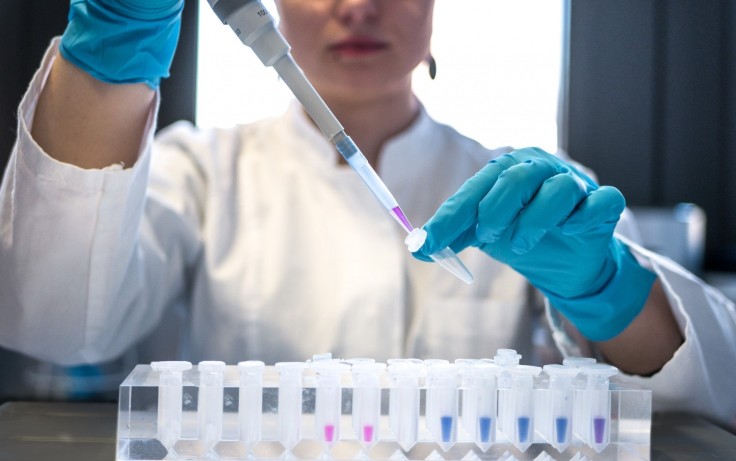The Pew Research Center released a new study detailing how the public's trust in science continued to decline after the pandemic's peak.

Read Also : Report Shows SpaceX Injury Rate Has Increased, Musk Puts More Priority to Mars Than Safety
US Public's Trust in Scientists Continues to Decline
The study surveyed around 9,000 participants with the overall trend showing a fairly negative result. Since 2016, the organization has been gathering data about the public's views. From that year up until 2021, the majority of US residents felt that science had a positive impact on society. While over half of the Americans share the same belief, the survey showed that the trust level decreased by eight percent since November 2021.
On the contrary, eight percent of the participants expressed that science had a mostly negative impact on society. Meanwhile, trust in scientists also lowered by 14 points as compared to the results during the early stages of the pandemic. Moreover, people who felt strong trust in the scientists fell to 23 percent from 39 percent in 2020.
Moreover, the study also revealed that the declining trust in scientists and medical scientists was particularly visible among self-identified Republicans. Around four out of ten Republicans expressed that they have little to no confidence at all in scientists. Likewise, there was also a decline in trust among Democrats.
Importance of Public Trust in Scientists
The level of public trust within the medical field has a crucial implication for society. The Pew study emphasized that people with greater trust in scientists are "more likely to align their own beliefs and actions with expert guidance and understanding." During the pandemic, it was imperative for people to have confidence in science in order to prevent the illness from spreading.
Moreover, public trust also provides scientists the confidence to push through research and experiments without constant opposition. It also opens various opportunities to develop innovative solutions to several societal challenges.
Despite that, the organization acknowledged that different party identification, race, education, and other categories are affecting the difference in the levels of trust.









